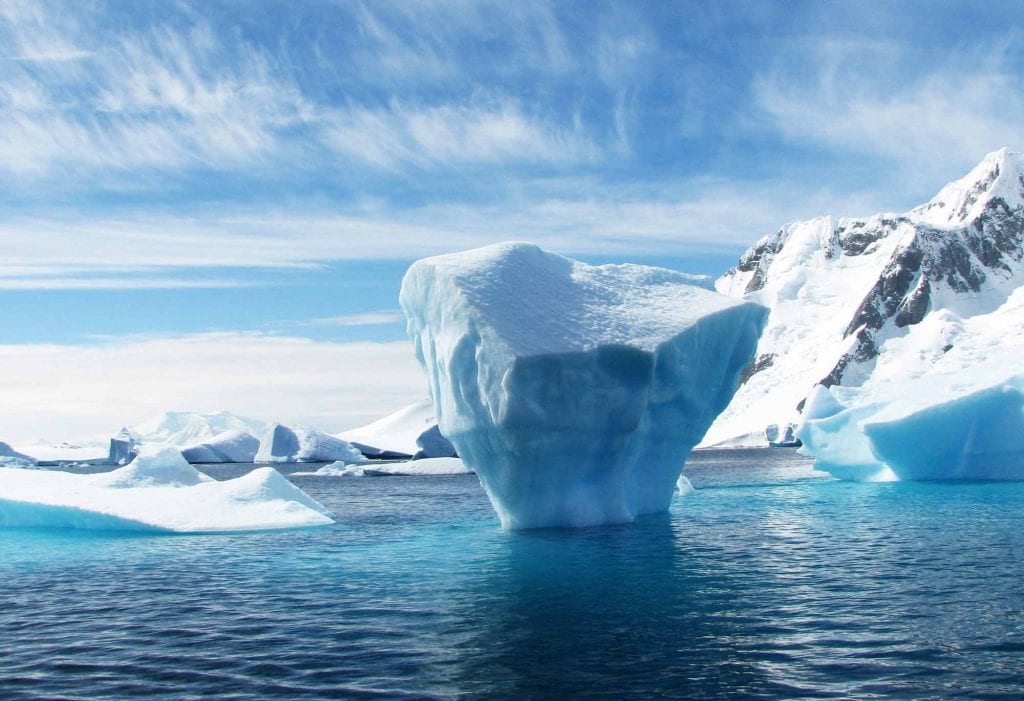A landmark report published on Monday by the UN Intergovernmental Panel on Climate Change (IPCC) warns that dramatic measures must be taken to keep global warming temperatures at a maximum of 1.5C within 12 years.
If global warming temperatures exceed just half a degree, the risk for major natural disasters such as floods, droughts and extreme heat will significantly increase. Maintaining 1.5C is essential in preventing the extinction of coral reefs, and will ease pressure on an already buckling Arctic, say researchers.
The world currently sits at 1C warmer than preindustrial levels. The IPCC sates that, with an increase in hurricanes in the Carolinas, flooding and record drought in South Africa’s Cape Town, global warming is already a very real threat. The study says that maintaining the 1.5C target will mean “rapid, far-reaching and unprecedented changes in all aspects of society.”
Debra Roberts, co-chair of the IPCC’s working group on impacts said, “It’s a line in the sand and what it says to our species is that this is the moment and we must act now.
“This is the largest clarion bell from the science community and I hope it mobilises people and dents the mood of complacency.”
The report was commissioned by policymakers at the Paris Climate talks in 2016. The Paris Climate Agreement is an important agreement between member countries of the UNFCCC to combat climate change. Since then, however, president Donald Trump has pledged to withdraw the US from the Accord while Jair Bolsonaro—presidential candidate in Brazil—has pledged to follow suit, worryingly widening the gap between politics and science.
What’s next for climate change?
If global warming temperatures reach even 2C, the IPCC suggests that the global sea level will rise by approximately four inches, potentially exposing 10 million people to the risk of flooding.
Kaisa Kosonen at Greenpeace said, “We are already in the danger zone at one degree of warming.
“Both poles are melting at an accelerated rate; ancient trees that have been there for hundreds of years are suddenly dying; and the summer we’ve just experienced—basically, the whole world was on fire.”
Member of the IPCC, professor Jim Skea, said of the urgency of combatting climate change that, “They [world governments] really need to start work immediately. The report is clear that if governments just fulfil the pledges they made in the Paris agreement for 2030, it is not good enough.”


